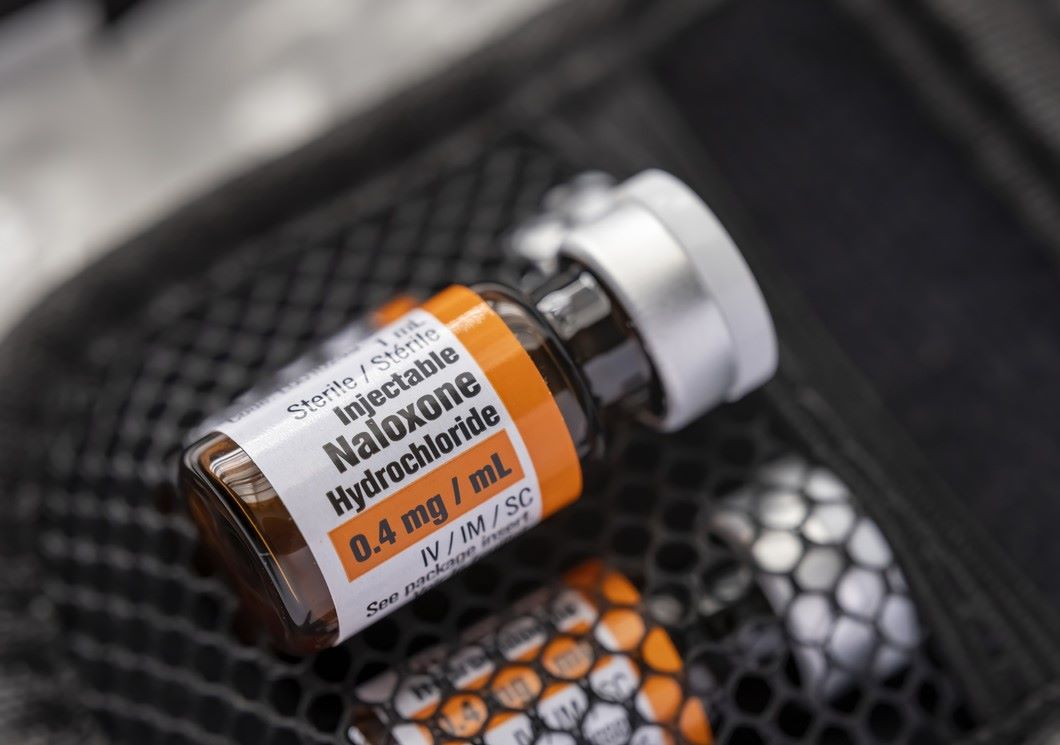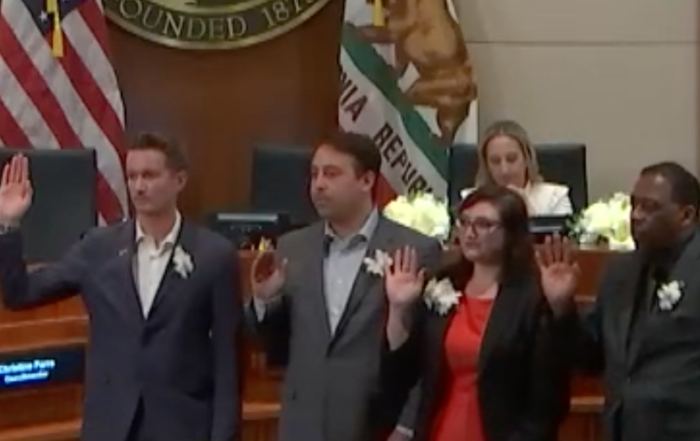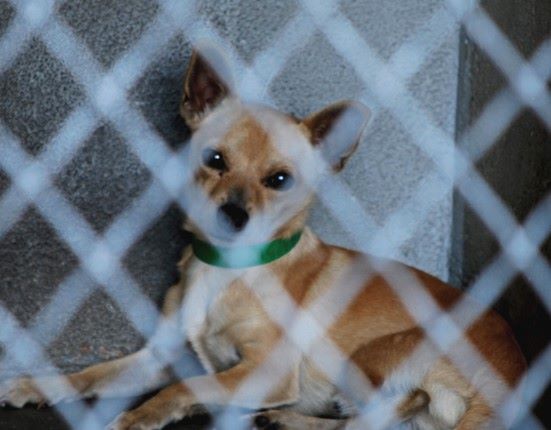This week, the Los Angeles City Council ordered a report on the feasibility of stocking Naloxone at city-owned sites. Naloxone is a drug commonly branded as Narcan, Evzio, or Kloxxado, and is used as an emergency medicine to treat narcotic overdoses.
The action calls on the city’s Administrative Officer to report back in 30 days on the logistics of stocking the drug at the locations operated by the following city-owned bodies:
- Department of Recreation and Parks
- Community Investment for Families Department
- Los Angeles Fire Department
- Economic and Workforce Development Department
- Los Angeles Public Library
- Youth Development Department
Additionally, the motion instructs city staff to look into contracting with service providers to institute Naloxone training for the public on administering the drug. The motion was originally put forward last June by First District Councilwoman Eunisses Hernandez and Third District Councilman Bob Blumenfeld, citing the success of similar programs at the Los Angeles Unified School District and the Los Angeles Public Library.
“Los Angeles, like all corners of the United States, is in the midst of a deadly opioid crisis,” the June motion reads. “The more that Naloxone and the proper training on its administration is distributed throughout our communities, the more lives can be saved.”
Narcotic overdoses have risen dramatically in Los Angeles, from 353 deaths in the county in 2016 to 1690 in 2022, according to data from the California Overdose Surveillance Dashboard. The rise of fentanyl has contributed significantly to this increase, with accidental fentanyl overdose deaths increasing from 109 in 2016 to 1910 in 2022.
Naloxone works by rapidly attaching itself to opioid receptors in the brain, blocking the chemicals from opioids like fentanyl from accessing those receptors and activating in the brain. It can be used to reverse an overdose — even to quickly restore normal breathing to someone who has impaired or stopped breathing due to an overdose.
However, it has no effect in combating addiction or opioid use disorder. Those who suffer from an opioid use disorder can feel withdrawal symptoms within minutes of a Naloxone dose according to the National Institute on Drug Abuse, which include headaches, changes in blood pressure, rapid heart rate, sweating, nausea, vomiting, and tremors. While these symptoms are uncomfortable for the patient, they are generally not life-threatening.
Naloxone is normally administered in two ways — as a nasal spray or an injection to the body. The injectable is a liquid that in many cases requires pulling the amount of the drug you need into a syringe, while there are brands like Narcan and RiVive that come in a needle-free nasal spray that is much easier to administer. Recent studies suggest injections generally work better in delivering a higher volume of naloxone than nasal devices.
Drugs like Naloxone only work for 30-90 minutes, so a patient can continue to overdose after Naloxone has been administered. 911 should be called and patients should be monitored for at least two hours following an overdose to minimize the risk of this occurring.
Stocking Naloxone at the many sites under the purview of the listed departments furthers a recent push to effectively distribute the medicine to those in need of it. The State of California has its own Naloxone Distribution Project — which allows appropriate organizations statewide to apply for an inventory provided by the state — and there is a program in place at the Los Angeles Public Library where members of the public can obtain a free dose of Narcan.
Narcan is also an over-the-counter drug, so a prescription is not required to buy them at places like drug stores, grocery stores, convenience stores, and gas stations where they may be stocked.
Photo by Marvin Samuel Tolentino Pineda on iStockphoto.com
Stay informed. Sign up for The Westside Voice Newsletter
By clicking submit, you agree to share your email address with Westside Voice. We do not sell or share your information with anyone.








